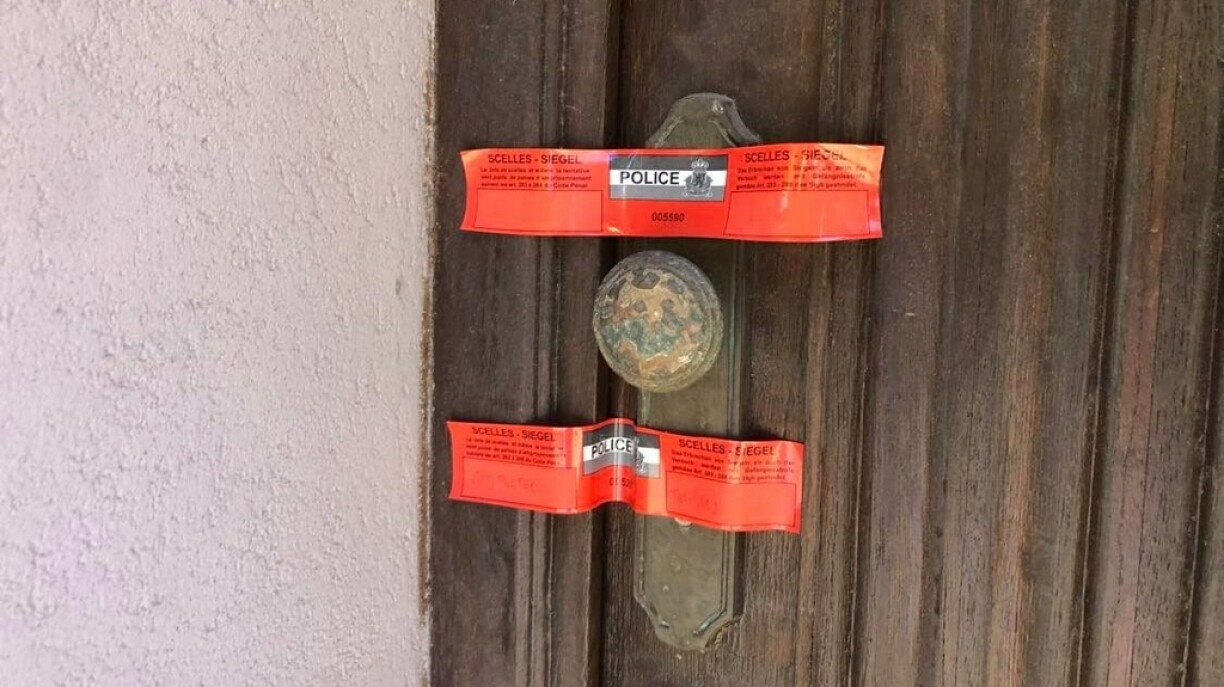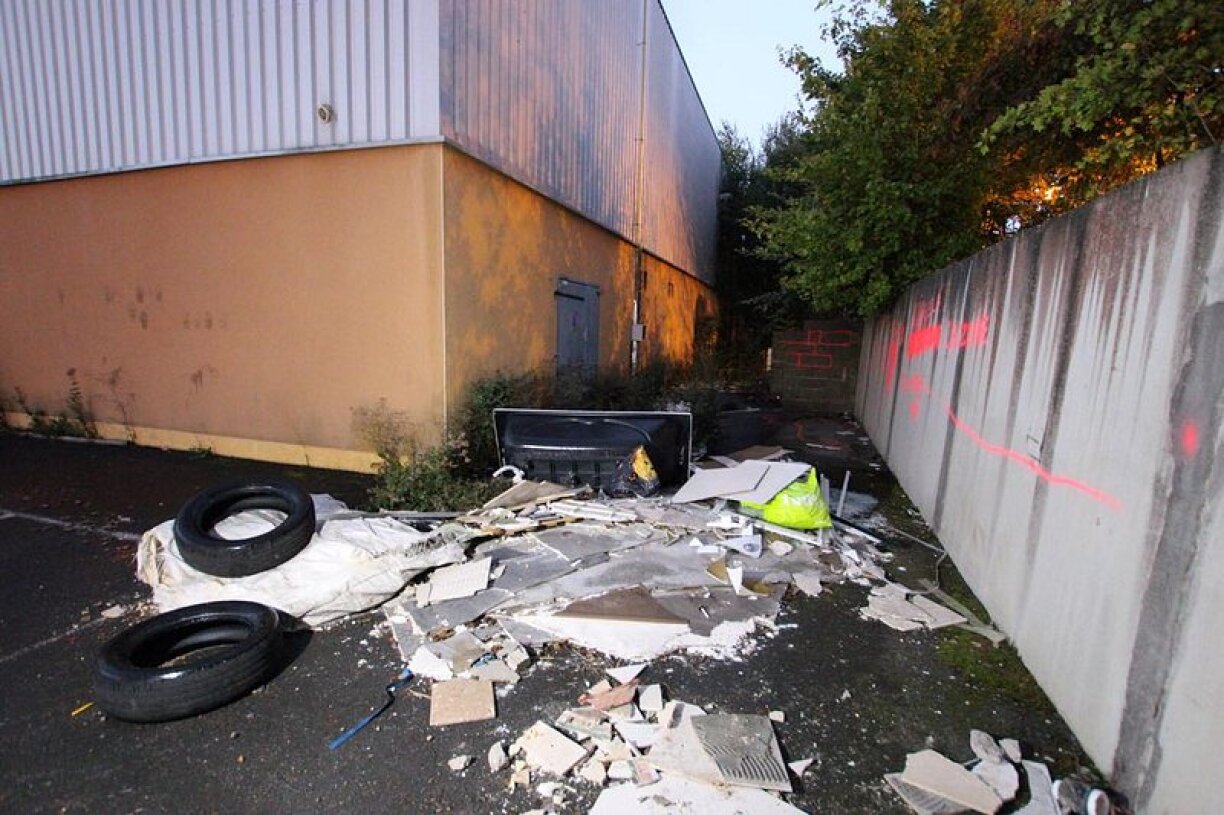
According to information obtained by the Belgian daily L’Avenir, femicide is now the preferred lead. L’Avenir states that the 40-year-old woman, who was found dismembered outside an abandoned supermarket in Mont-Saint-Martin on 19 September, was “the victim of numerous acts of violence and abuse by her partner”.
She allegedly filed multiple police complaints in Athus (Belgium), where she lived for a long time before moving to Diekirch.
According to local media, her partner is currently wanted and is even the subject of a European arrest warrant.
Several Portuguese journalists were sent to the region to follow the case more closely. According to them, and based on several testimonies gathered in the area, the authorities are also evaluating another lead related to the “passport mafia,” a dangerous business that is already well known in the Portuguese-speaking community of the Grand Duchy.
According to the Portuguese daily Correio da Manhã, Diana Santos married a Moroccan man who arrived in Portugal last summer, a marriage which was “probably arranged”. The 40-year-old woman allegedly introduced a man named Said to her family as her boyfriend but confessed that she was going to marry another man, also Moroccan, in exchange for money. A scheme that is claimed to have resulted in the death of the 40-year-old Portuguese woman, a crime that police are also investigating as part of the “passport mafia.”
Criminal networks lure residents from Arab-speaking countries to Europe and promise them passports that will allow them to move freely inside the Schengen area in exchange for substantial sums of money. Santos allegedly risked getting married and won, but her goal remained to rekindle her relationship with another man named João, her Portuguese ex-boyfriend with whom she had moved to the region. Correio da Manhã theorises that the abandonment of the body in a place where it would be easily found could be a “message” for other women who think about abandoning their husbands after an arranged marriage.

In Luxembourg, where journalists spoke with dozens of Portuguese residents, the subject is almost taboo. “Everyone knows that dangerous groups are involved, and everyone fears for their own lives,” according to eyewitness accounts. The manner in which the body was dumped – almost ostensibly – shows that the culprit has no remorse.
The two tattoos discovered on the body (on the lower back and in the right groin) and made public by the public prosecutor’s office in Nancy have enabled the Luxembourgish judicial authorities to identify the victim: “She was a Portuguese national who lived in the Grand Duchy of Luxembourg,” François Pérain revealed on Monday. The public prosecutor in Nancy assured our colleagues from RTL 5 Minutes that “a DNA comparison formally confirmed this identification”.
According to the Portuguese press, “they left the tattoos so that she could be identified”.
To her friends in Luxembourg, Diana Santos revealed few details about her life in Portugal. Described as cheerful and fun-loving, and she merely stated that she had little contact with her family, without giving further details.
There are visible traces of drug usage at the site where part of the body was discovered. Journalists have been advised “not to stay at the scene.” “The body belongs to the drug dealers,” said a Portuguese man who lives in the area and said he was afraid to go there.